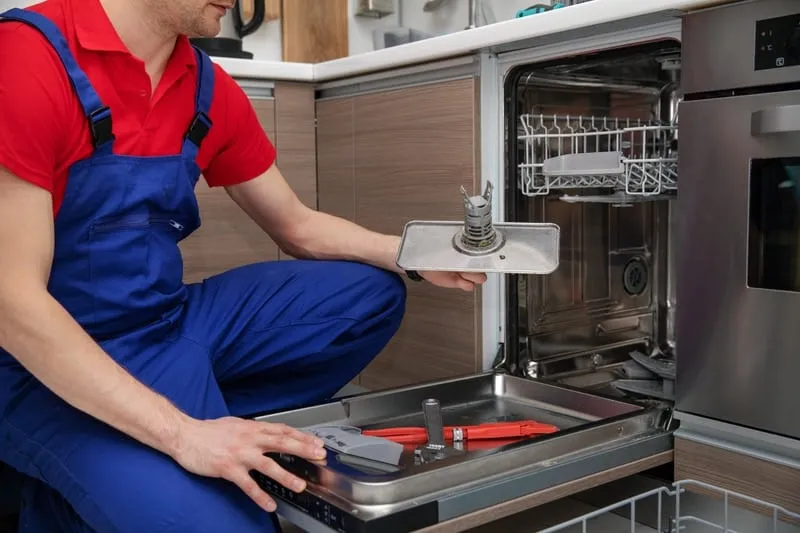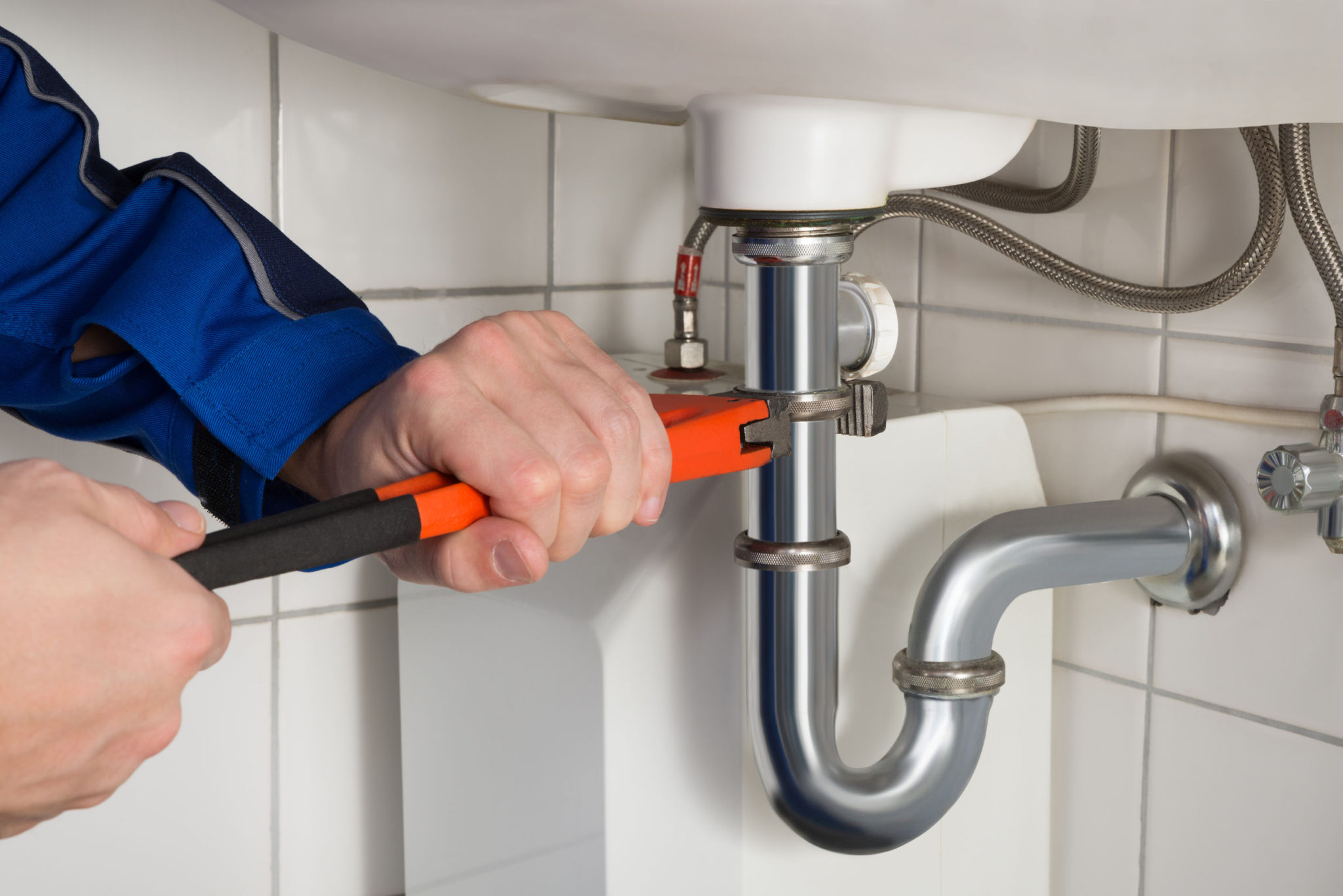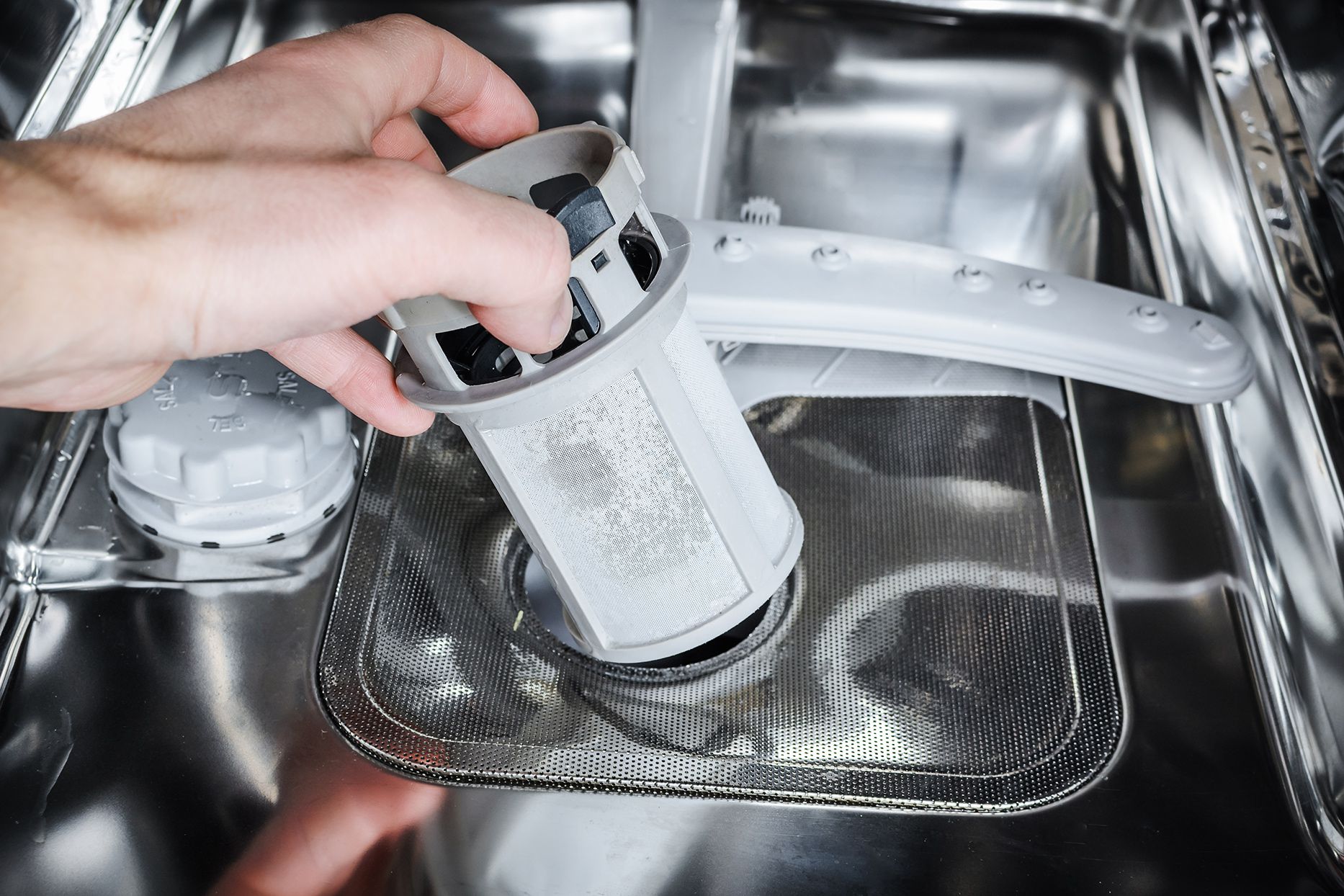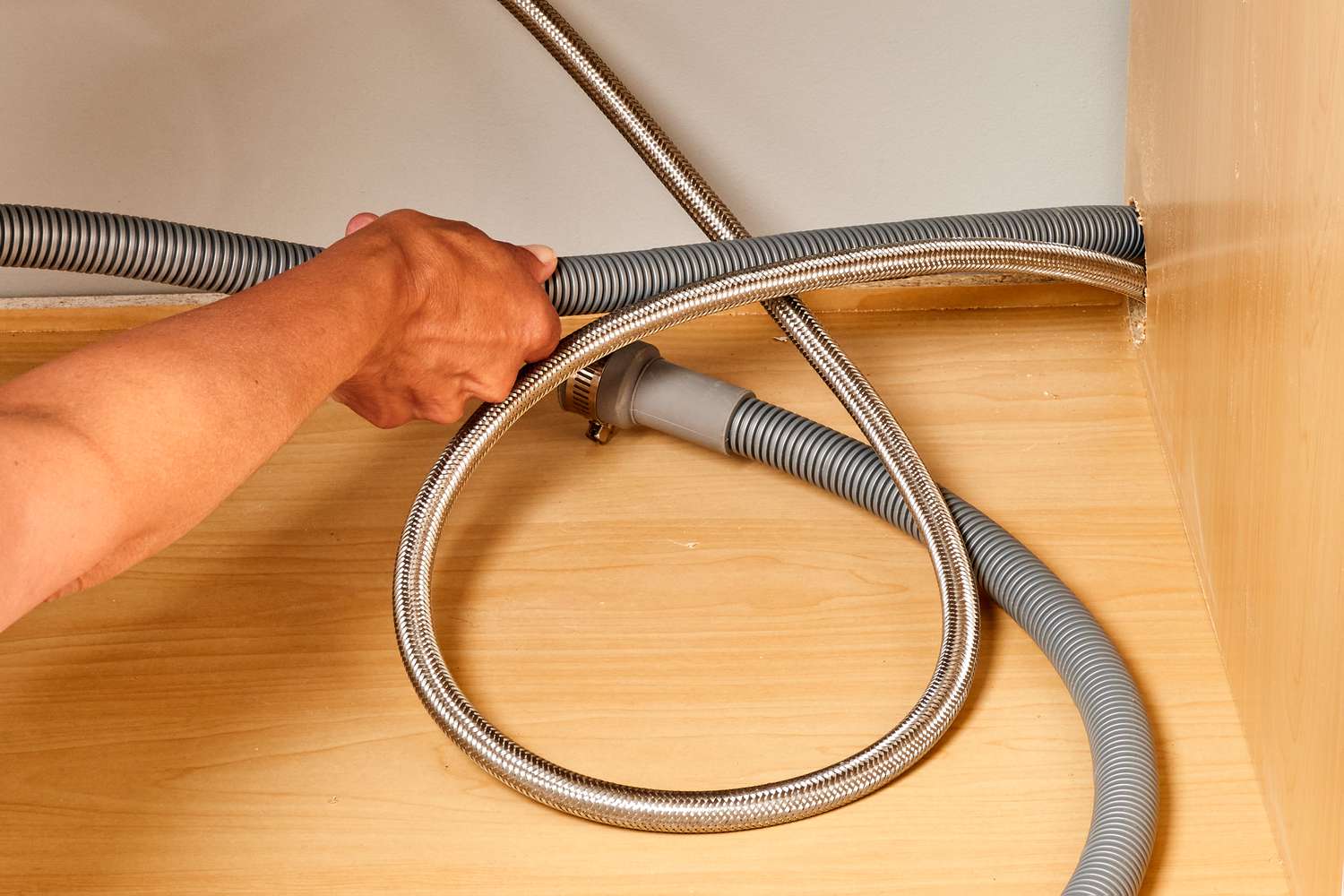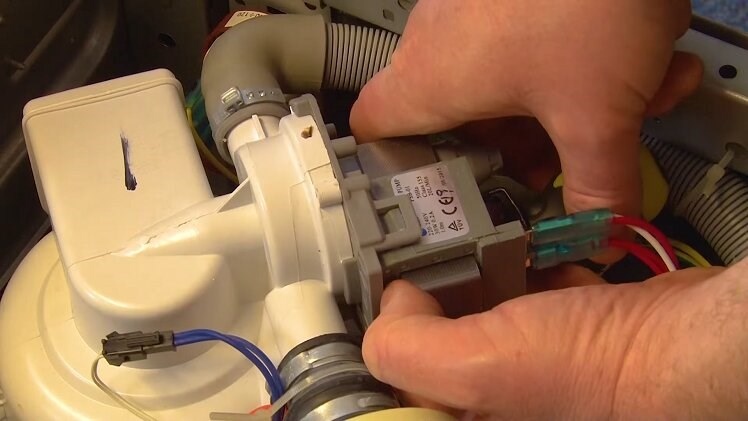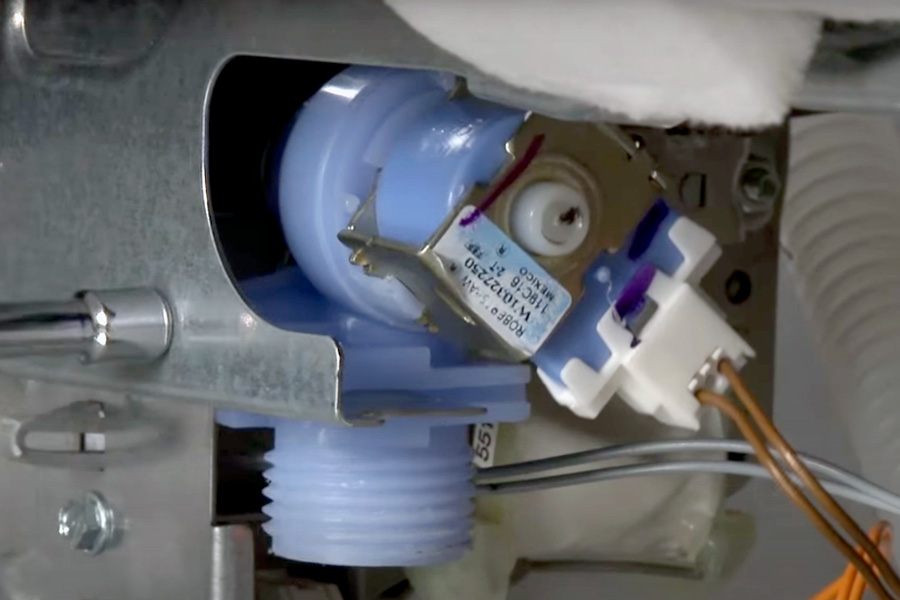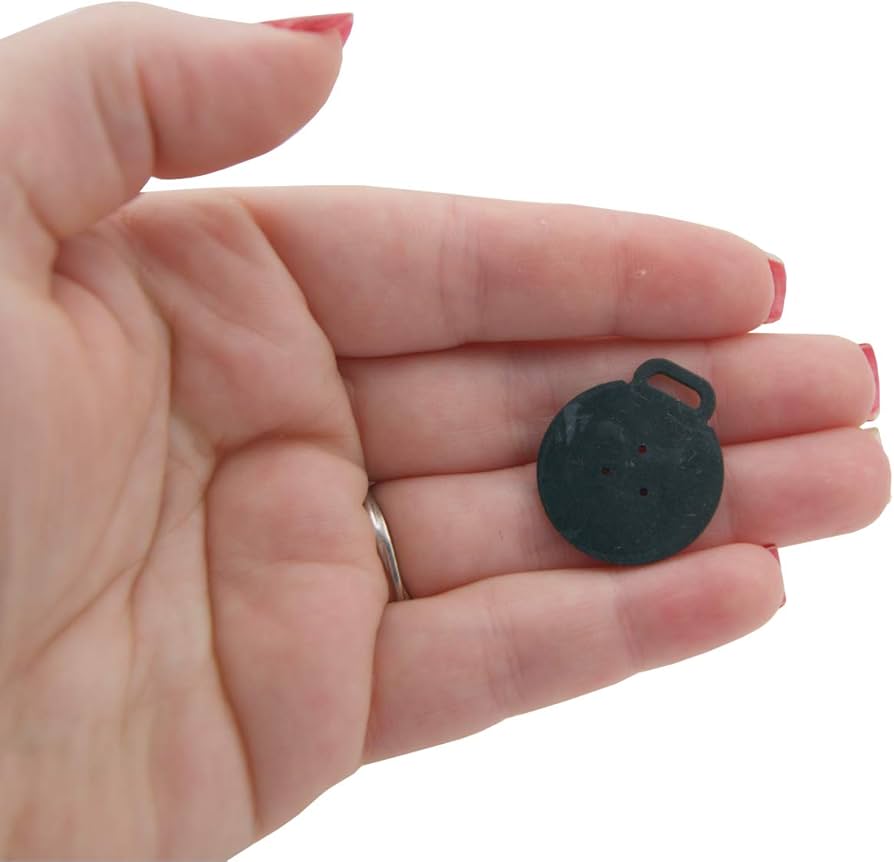Samsung Dishwasher Not Draining – What To Do?
An inefficient Samsung dishwasher might disrupt your routine and clutter your kitchen. If your Samsung dishwasher water won't drain, locate and fix the cause immediately. This informational article covers the most well-known reasons for dishwashers are not exhausting and offer cures.
Error Codes
An insufficient Samsung dishwasher could lose your day-to-day timetable and mess up the kitchen. If your Samsung dishwasher water not totally channel, it is basic to find and address the fundamental explanation immediately. This instructional exercise leads you through the most frequently happening reasons for a dishwasher not purging and offers feasible answers for the issue.
1. Check That the Dishwasher Is Causing the Issue
Ensure the dishwasher is without a doubt the reason for the issue prior to diving into specialized fixes. Once in a while issues with plumbing or the sink channel look like those of a dishwasher depleting breakdown.
Here’s what you can do:
-
To research slow waste, run water in the sink. Given their common pipes, the dishwasher definitely can't be depleted accurately in the event that the sink obstructs it.
-
From the sink, disconnect the drain hose of the dishwasher and check for water flow.
2. Check the Dishwasher’s Connection to the Sink
Usually using a drain hose, your Samsung dishwasher ties in with the plumbing of the sink. Drainage problems can result from a misaligned or badly placed connection.
Procedures for inspections:
-
Find the sink under which the dishwasher drain hose falls.
-
Make sure the hose is firmly fastened to the drainpipe or waste disposal of the sink.
-
Verify whether food or rubbish is stopping the waste disposal; this could impede the seepage of the dishwasher.
3. Clean the Filter, Drain Hose, Sump, and Tub
Trash, food pieces, and oil will develop in the sump, channel hose, and channel of your dishwasher over the long haul. By regularly cleaning these parts, blocks can be kept away from and successful waste can be ensured.
How to clean:
-
Filter: Eliminate the channel from the dishwasher, flush it under running water, and then delicately brush any intense buildup away.
-
Sump: Clean the sump, at the bottom of the dishwasher, with a sponge or cloth. Here, water gathers before emptying.
-
Drain Hose: To clear blocks, detach the drain pipe and run water through it.
-
Tub: Wipe the inside of the dishwasher to eliminate residue or grease that can limit water flow.
4. Check for a Blocked or Kinked Drain Hose
One of the most frequently happening reasons for a Samsung dishwasher not exhausting totally is an obstructed or wrinkled channel pipe.
Inspection tips:
-
Cut the power supply of the dishwasher.
-
To get at the drain hose, pull the appliance away from the wall.
-
Look for twists, kinks, or obvious obstructions.
-
To get the trash out of the hose, straighten any bends or flush it with water.
5. Check the Drain Pump
Water is constrained from the dishwasher by the channel siphon. Would it be a good idea for it to separate, the dishwasher won't deplete accurately. If the pump be defective, you could hear odd sounds.
Steps to inspect:
-
Remove the lowest access panel for the dishwasher.
-
Find the drain pump and look for blocks.
-
If the pump show signs of deterioration or non-performance, replacement may be required.
6. Check the Solenoid Valve
Opening and closing the solenoid valve regulates water flow during the dishwasher's draining cycle. A broken valve might cause tub water to pool.
How to check:
-
Solenoid continuity can be tested with a multimeter.
-
Replace a faulty valve with a suitable part for your Samsung dishwasher model.
7. Check Valve (Flapper)
After draining, the check valve—also known as a flapper—helps stop water from running back into the dishwasher. If it becomes caught or damaged, water can backflow and cause drainage problems.
What to do:
-
Look over the valve for trash or damage.
-
If it is necessary, clean or replace the valve.
Book an Appointment with Our Technicians
It's time to call a professional if you attempted all the above actions and your Samsung dishwasher still isn't emptying. Our knowledgeable Right Fix staff specializes in fixing Samsung dishwasher problems. We will swiftly identify the issue and offer a fast fix to get your appliance back in running condition.
Preventing Future Drainage Issues
Think about these ideas to prevent future drainage issues:
-
Clean the sump, drain hose, and filter routinely.
-
Steer clear of stuffing the dishwasher with filthy plates.
-
Before running food bits through the dishwasher, scrape them off the dishes.
-
Once in a while run hot water through the sink drain to avoid clogs.
-
Plan regular maintenance to guarantee every part performs as it should.
Final Thoughts
One often occurring but fixable problem with a dishwasher is non-draining. Usually, you may fix the issue yourself by applying the above-mentioned procedures. Still, if the problem lasts, don't hesitate to contact a specialist. Right, Fix is here to help with all your dishwasher repair requirements so your appliance runs for years to come.
Location we Service
- Ajax
- Alliston
- Aurora
- Bolton
- Bradford
- Brampton
- Brantford
- Burlington
- Caledon
- Cambridge
- Concord
- East York
- Etobicoke
- Georgetown
- GTA
- Guelph
- Halton Hills
- Hamilton
- Innisfil
- Keswick
- King City
- Kitchener
- Kleinburg
- Maple
- Markham
- Milton
- Mississauga
- New Tecumseth
- Newmarket
- North York
- Oakville
- Orangeville
- Oshawa
- Pickering
- Richmond Hill
- Scarborough
- Schomberg
- Stouffville
- Thornhill
- Toronto
- Unionville
- Uxbridge
- Vaughan
- Waterloo
- Whitby
- Woodbridge




